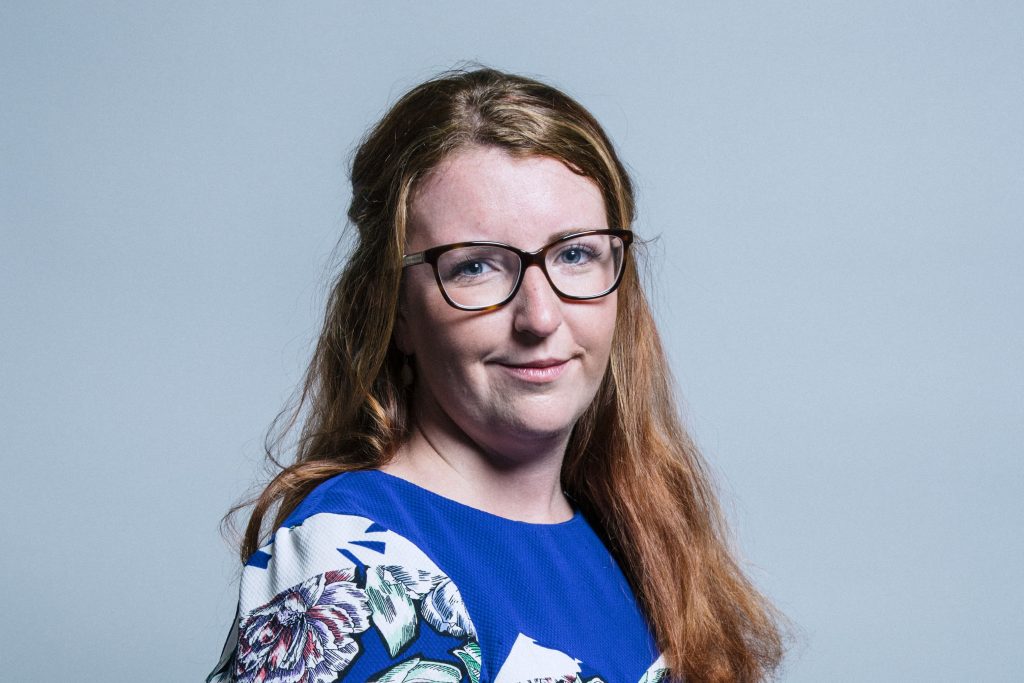A law to stop fathers of children conceived through rape from having custody has been proposed by an MP, in a move that will further protect victims of sexual assault.
Sheffield Heeley MP Louise Haigh introduced the bill in parliament on Wednesday in a speech that called on the government and the courts of law to put an end to risking the safety of women and children.
“The women and children we are talking about are some of the most vulnerable in our society. We, as public servants, owe it to them to reward the bravery of those who have dared to speak out.
“We cannot allow their voices to continue to go unheard, silenced and ignored, and we cannot perpetuate a system that discriminates against them and potentially places them and their children in harm’s way. It is time for the voices of those who have suffered in silence for too long to finally be heard,” she said.
Article 8 – The Right To Family Life

Credit: Pixabay
The women and children we are talking about are some of the most vulnerable in our society. We, as public servants, owe it to them to reward the bravery of those who have dared to speak out.
Louise Haigh, MP Sheffield Heeley
Under current law, men can receive access to a child conceived through rape, even though case law states that men should not be notified of their right to apply to access if they present a safeguarding risk to the parent or child.
Haigh has previously made recommendations to the Government to amend the Children Act 1989 to put an end to this. However, the Government argued that this would undermine a man’s right to a family life under Article 8 of the Human Rights Act.
In her speech, Haigh called the response “nonsense” and that a convicted rapists rights should not “supersede the safeguarding concerns of mother or child.”
She hopes that her proposed law would prevent all convicted male abusers, including rapists, domestic abusers and more from being notified about their right to apply to child custody.
Instead, she insists that they must apply to the courts to gain access. The courts must then determine the welfare of the mother and child when considering his application.
Scrutiny In The Courts

Louise Haigh Credit: Wikimedia Commons
Proceedings that are carried out within the family courts are often private, meaning that it can be difficult to scrutinise the legal process that takes place.
Women’s Aid decided to carry out research into the impact of granting violent fathers access to their children, as there was no publicly available data.
They found that 19 children had been killed after the court allowed men with violent records to have access.
The relationship between those who make decisions and those whom decisions are made about need not rest on blind trust.
Louise Haigh, MP Sheffield Heeley
Haigh insisted that it was important for the judiciary system to continue having independence, but said an independent inquiry was needed to expose the issues within the system.
“While secrecy in institutions prevails, it is the very health of our democracy and the rights of our citizens that are at risk,” she said.
“The relationship between those who make decisions and those whom decisions are made about need not rest on blind trust. In fact, a healthy scepticism—challenging, scrutinising, protesting—is the hallmark of a democracy in good health.”
The Rotherham Grooming Gang

Credit: Volkan Olmez / Unsplash
The MP was inspired to table the bill after working closely with Sammy Woodhouse, a victim of the Rotherham Grooming Gang.
Woodhouse gave birth to a child after being raped by Arshid Hussain, who was convicted of rape, indecent assault, abduction, false imprisonment and making threats to kill and sentenced to 35 years, thanks to Woodhouse’s testimony.
During the trial of Hussain and others in the gang, Woodhouse placed her son under a care order because of the stress of the case. A year after the trial, she was in court as part of a routine check on the care order when she was told that her rapist, Arshid Hussain, had been informed that he was able to apply to have access to their son.
Haigh recounted: “Sammy described to me how she felt at the time: paralysed with fear that the man she thought she would never have to lay eyes on again might walk into the room, and terrified of what her own reaction would be if he did. She genuinely could not guarantee that she would not attack him.”
Months later, Rotherham council approached Hussain once again and encouraged him to apply for access to Woodhouse’s son – without getting her consent.
“It is inconceivable to anyone with any sympathy, empathy or a drop of common sense that Hussain was in effect encouraged to apply to the court,” Haigh said. “Had he been so minded, he could have used the court as a weapon to cross-examine Sammy and to traumatise her and her children all over again.”







